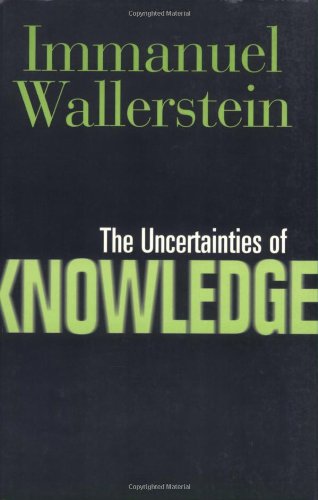
Wherever there is a regime guilty of torture, the CIA is there... doing it.
We have to put aside the myth that the US is battling tyrants in the third world. The archetype of the third world dictatorship was always a CIA-backed regime as far back as the 1950s, and remains so today. It is important to talk about this, because the US has even turned a once-stable European country, Ukraine, into a similar third world-styled dictatorship in the name of the scandalous farce of so-called "democratization".
The US State Department's social experiment in "democracy" in Kiev since 2014 has become a dictatorship. It is deeply paranoid of critics, guilty of torture and assassination of media and political opposition, and has zero tolerance for dissent in any form. It is the most tin-plated dictatorship that has existed in Europe since the fall of the Iron Curtain.
Calling the Kiev regime a "democracy" is a disgrace to all political theory and commentary.
The Senate's torture report exposed that the US bears chief responsibility for the torture it has always accused other regimes of committing. It committed its atrocities at "black sites". Where they are located is classified, but we do know enough about them to realize why they are where they are. They are located in poorer countries with poor human rights records. Locating them there serves no other purpose than to escape US jurisdiction and exploit US prejudices against non-Western societies and regimes. The result the CIA must have wanted is that we might fail to recognize the CIA's central role in a number of regimes' inhumane behavior.
It is not a coincidence that the United States created its "black sites" in the very same countries the US accuses of torture and human rights abuses.
The CIA based its black sites in Eastern Europe and the third world because the CIA already bears primary responsibility for all the torture, human rights abuses and despotism in such regions. The CIA is responsible for training, instituting and normalizing the torture committed by the very same regimes opposed and sanctioned by the US administration on "human rights" grounds. CIA thugs and killers invented and supplied the torture techniques, including Saddam Hussein's famed "rape rooms", that the US administration has used as an excuse to attack or sanction other countries. The reigns of terror that the United States pretended to be "freeing" states like Iraq or Cuba from are nothing more than the atrocities of its own henchmen in those countries.
For all these years the US spent lecturing various third world regimes like Cuba, Chile or Iraq on human rights, its very own CIA "trainers" and "interrogators" were there, organizing and committing all the torture in these countries.
According to other information, the CIA also liked to hand over prisoners obtained in its wars and repressions to various dictators, whose men would torture the prisoners on America's behalf. One of these dictators was Hafez al-Assad, the father of Bashar al-Assad, the current Syrian President.
So, in effect, all the torture currently mentioned by the media as the crime of the Hafez/Bashar regime in Syria wasn't even Bashar's idea in the first place, but the CIA's. Even in its most exaggerated form, the Assad torture atrocity is only a fruit of the United States' own evil and meddling in the world.
If we look deep enough, we only find that the CIA trained interrogators under Hafez al-Assad, just as it did under Nasser in Egypt. And when the State Department points in glee at the "Assad regime" atrocities, it neglects to mention that it is pointing at its own mess - the long-term consequence of a country's infestation by the CIA.
This is not an exaggeration, or the vitriolic propaganda it sounds like even as I write it. If we take a sober look back on the historical record, the torturers belonging to Nasser's regime in Egypt - the original Baathist government and prototype of the Baathist regimes in Syria and Iraq - were trained and directed by none other than the CIA.
We aren't hearing where the black sites are because it would shatter the myth that the US is fighting tyrants, and prove that the US and its lackeys are the real tyrants over humanity. The CIA built the rape rooms and prisons of the Third World in its so-called black sites, and instituted the practices of torture in all the countries it accuses of human rights abuses. That's the reason it won't enlighten the public any more about its activities than we are allowed to be shown in the public version of the torture report. Contrary to its propaganda about fighting tyrants and terrorists, the United States invented and holds in place the most degenerate forms misery, emaciation and oppression endured by humanity in the present day.
The US regime is the greatest purveyor of dictatorship and torture in the world.
If American soldiers are truly committed to destroying dictators, thugs and torturers, they would be best advised to turn their weapons and training against the sadists and liars running their own "intelligence" agencies. The CIA gleefully trained and backed the thugs and tyrants of the world's most despotic regions. Their black sites are the black hearts of each region beleaguered by human rights abuses today. How can these hangmen play any legitimate part in a battle against tyranny?
If there's something we can learn from the torture report, it's that the professional psychopaths and mad doctors of the CIA need one more lesson in how to use a rope.
Harry J. Bentham | More articles by Harry J. Bentham
Image via ClubOfINFO Circulation


















